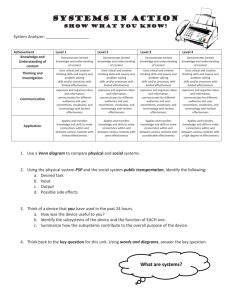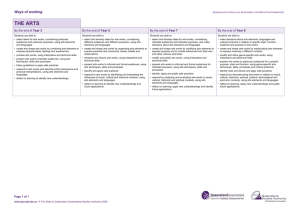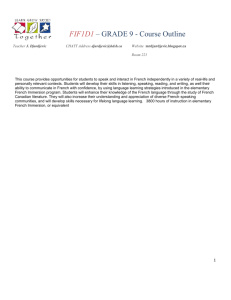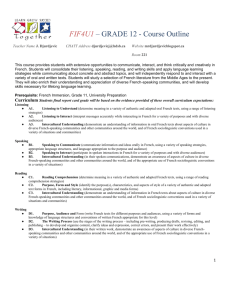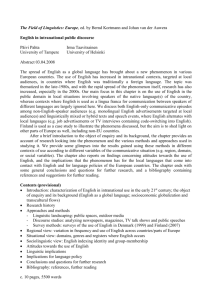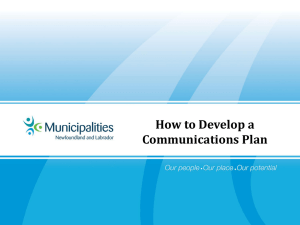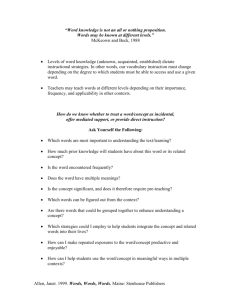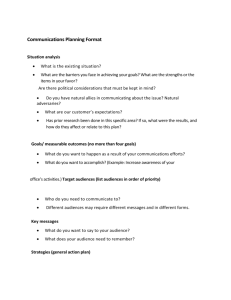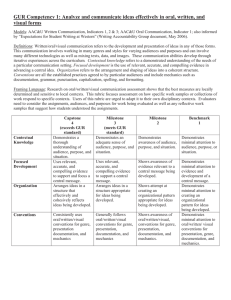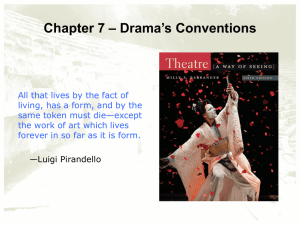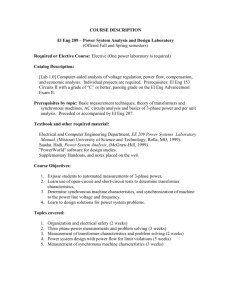ENG 2700 Introduction to Professional and Technical Writing (4
advertisement
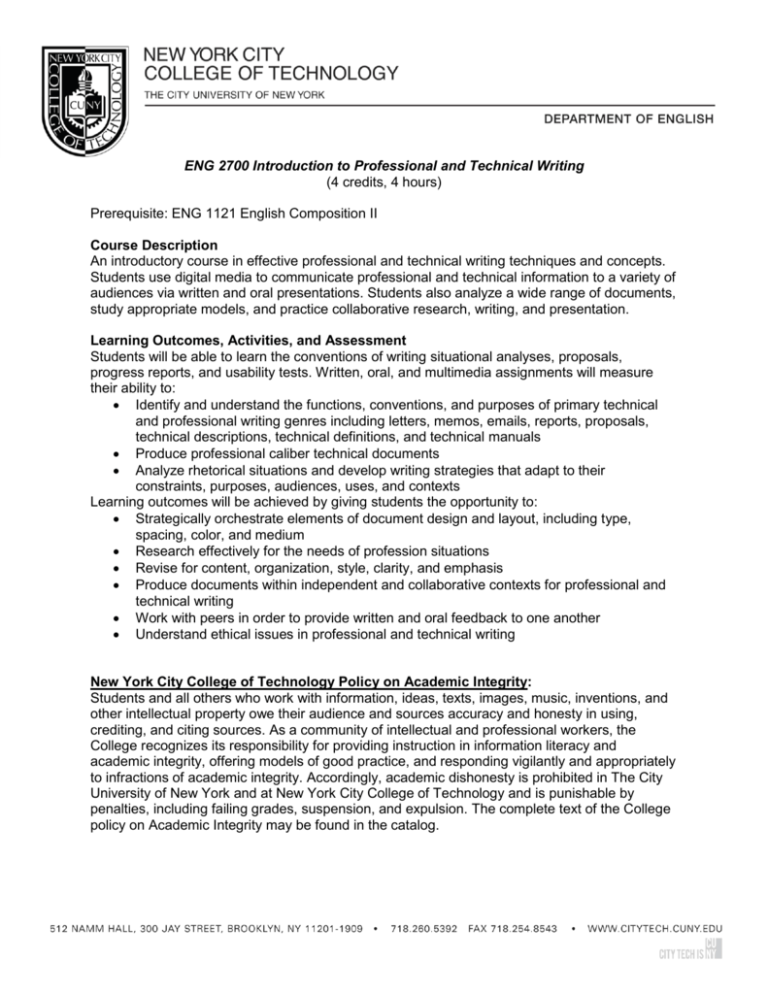
ENG 2700 Introduction to Professional and Technical Writing (4 credits, 4 hours) Prerequisite: ENG 1121 English Composition II Course Description An introductory course in effective professional and technical writing techniques and concepts. Students use digital media to communicate professional and technical information to a variety of audiences via written and oral presentations. Students also analyze a wide range of documents, study appropriate models, and practice collaborative research, writing, and presentation. Learning Outcomes, Activities, and Assessment Students will be able to learn the conventions of writing situational analyses, proposals, progress reports, and usability tests. Written, oral, and multimedia assignments will measure their ability to: Identify and understand the functions, conventions, and purposes of primary technical and professional writing genres including letters, memos, emails, reports, proposals, technical descriptions, technical definitions, and technical manuals Produce professional caliber technical documents Analyze rhetorical situations and develop writing strategies that adapt to their constraints, purposes, audiences, uses, and contexts Learning outcomes will be achieved by giving students the opportunity to: Strategically orchestrate elements of document design and layout, including type, spacing, color, and medium Research effectively for the needs of profession situations Revise for content, organization, style, clarity, and emphasis Produce documents within independent and collaborative contexts for professional and technical writing Work with peers in order to provide written and oral feedback to one another Understand ethical issues in professional and technical writing New York City College of Technology Policy on Academic Integrity: Students and all others who work with information, ideas, texts, images, music, inventions, and other intellectual property owe their audience and sources accuracy and honesty in using, crediting, and citing sources. As a community of intellectual and professional workers, the College recognizes its responsibility for providing instruction in information literacy and academic integrity, offering models of good practice, and responding vigilantly and appropriately to infractions of academic integrity. Accordingly, academic dishonesty is prohibited in The City University of New York and at New York City College of Technology and is punishable by penalties, including failing grades, suspension, and expulsion. The complete text of the College policy on Academic Integrity may be found in the catalog.
